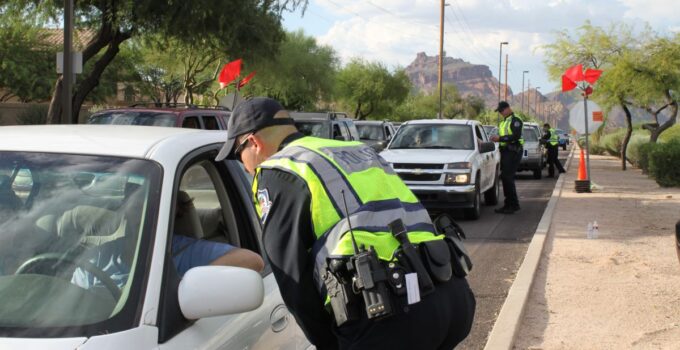DUI checkpoints are designed to catch impaired drivers and keep roads safe, but they can also be intimidating encounters, especially if you’re unsure of your rights. Knowing how to handle yourself during a checkpoint can help protect you from potential police overreach, while also ensuring you comply with the law.
1. Know That DUI Checkpoints Are Legal
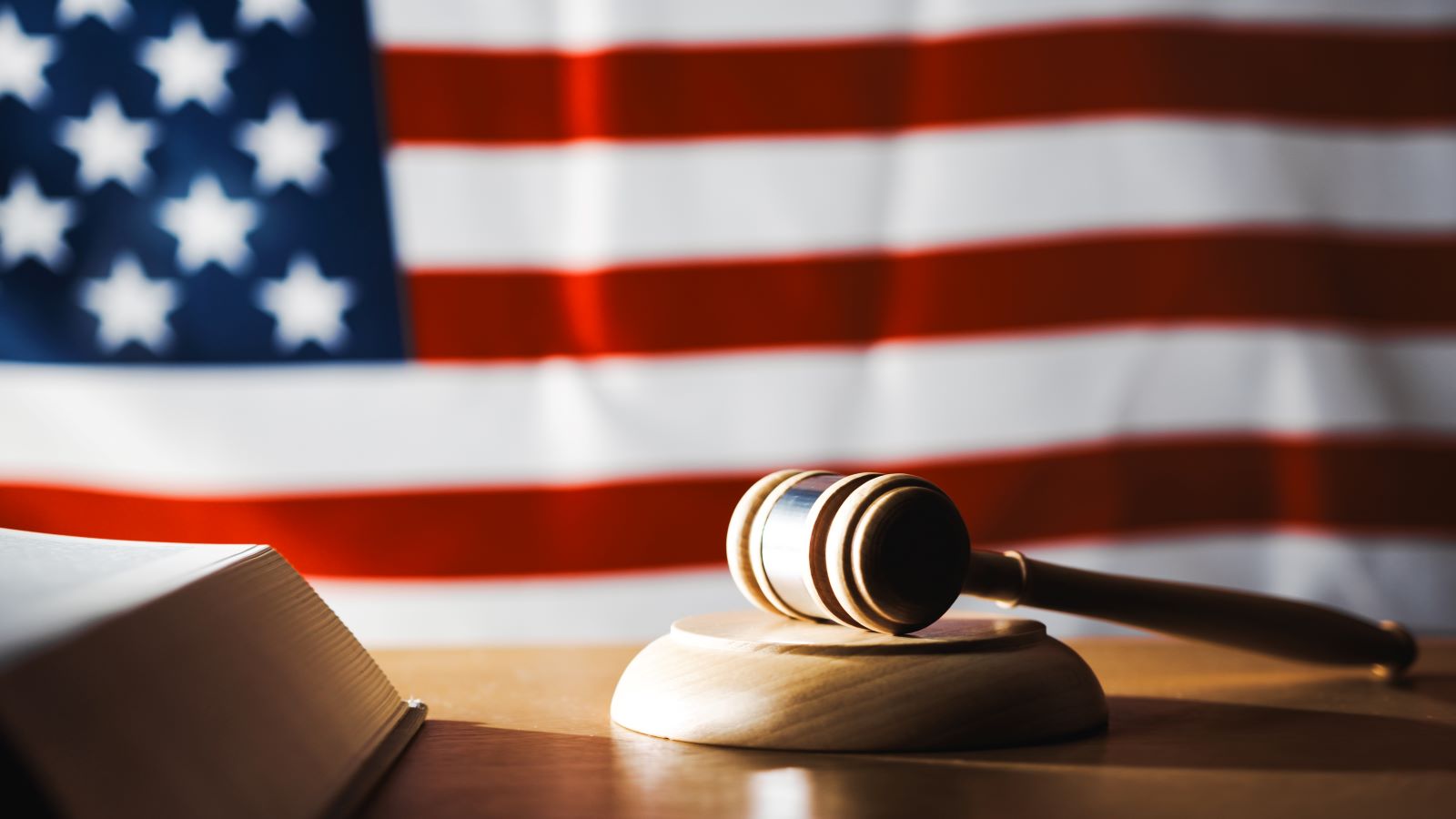
Image Credit: Shutterstock / Polonio Video
DUI checkpoints are legal in many states, though not all. The U.S. Supreme Court has upheld their constitutionality, as long as they follow strict guidelines. It’s important to know whether your state permits them and to familiarize yourself with local regulations.
2. Police Must Clearly Identify Themselves
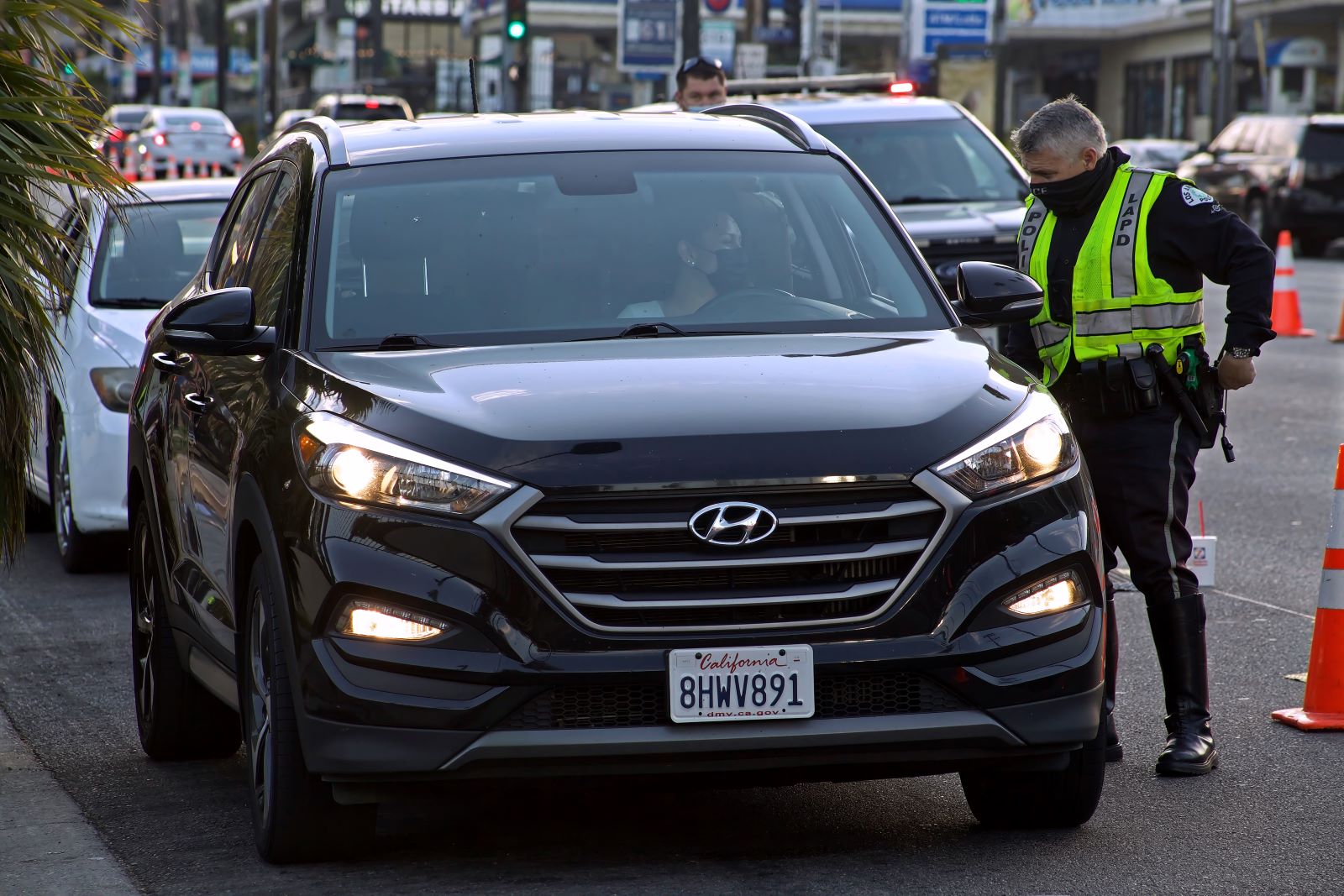
Image Credit: Shutterstock / Elliott Cowand Jr
At a legal DUI checkpoint, officers are required to clearly identify themselves as law enforcement. Look for well-marked police vehicles and uniformed officers. If something seems off, you may have grounds to question the legitimacy of the stop.
3. You Have the Right to Remain Silent
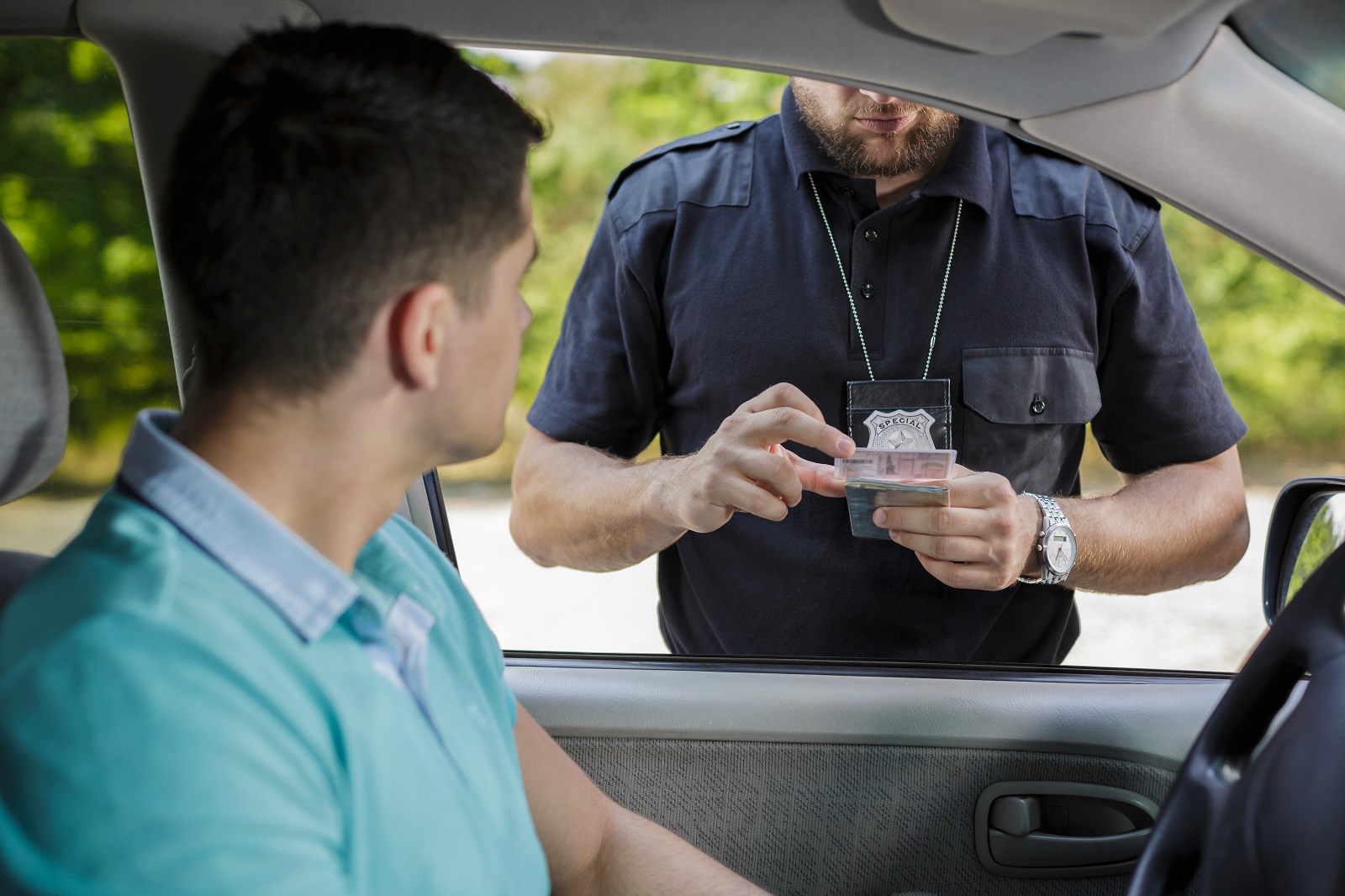
Image Credit: Shutterstock / Ground Picture
At a DUI checkpoint, you’re required to provide basic information like your driver’s license, registration, and proof of insurance. Beyond that, you have the right to remain silent. You don’t have to answer questions about where you’ve been, where you’re going, or whether you’ve been drinking.
4. Women and People of Color Should Be Extra Vigilant

Image Credit: Shutterstock / Prostock-studio
Unfortunately, women and people of color may face additional scrutiny or bias at DUI checkpoints. If you feel uncomfortable or targeted, stay calm, record the interaction if possible, and remain respectful. Know that you have the same rights as everyone else, and don’t let an officer intimidate you into giving up those rights.
5. You Don’t Have to Consent to a Search
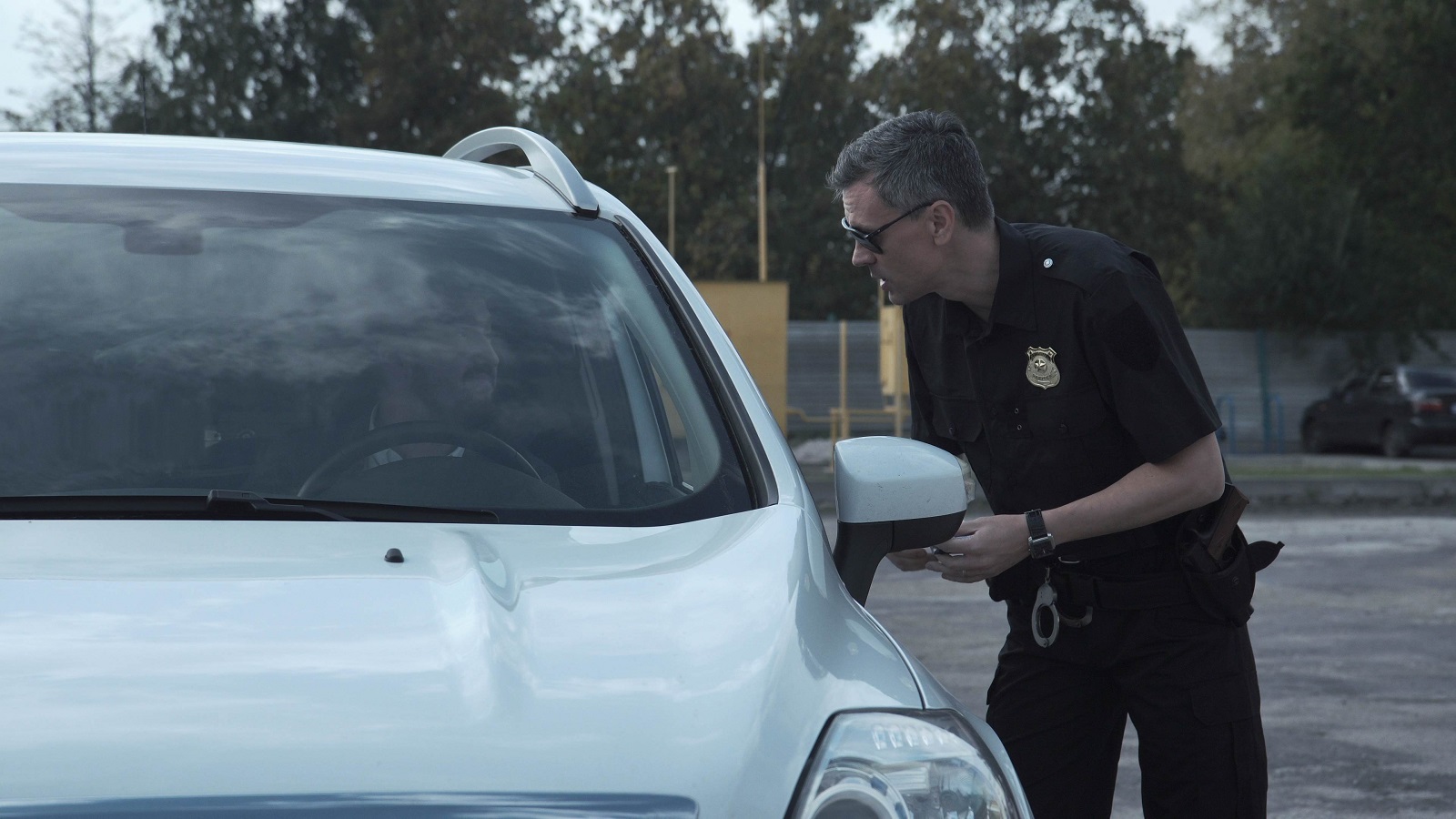
Image Credit: Shutterstock / Frame Stock Footage
At a DUI checkpoint, the police cannot search your vehicle without probable cause or your consent. You have the right to politely refuse a search if there is no clear reason for it. Be firm but respectful when asserting your rights.
6. You Can Record the Interaction
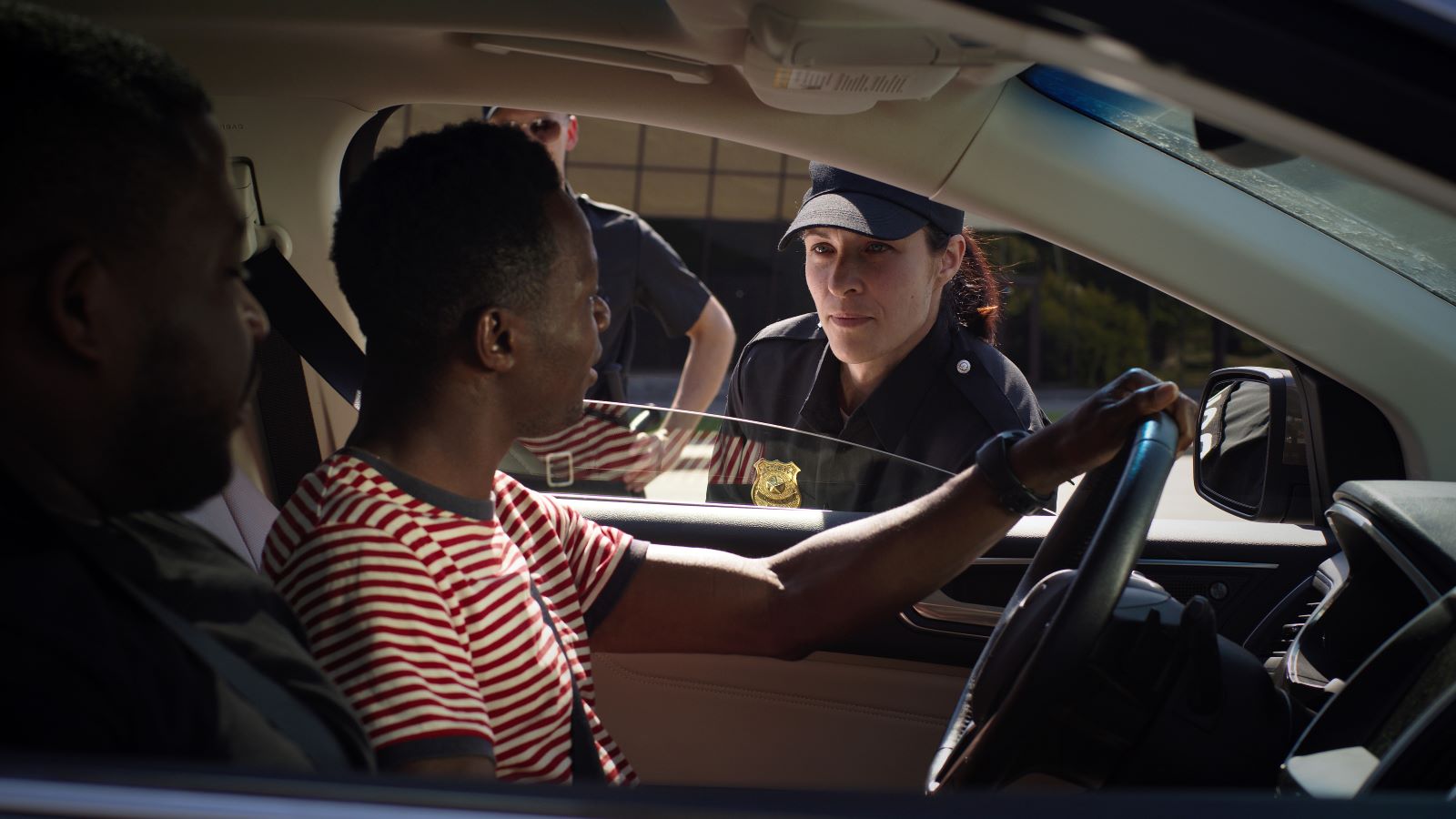
Image Credit: Shutterstock / Frame Stock Footage
In most states, you have the right to record your interaction with law enforcement, as long as you do not interfere with their duties. Recording can be especially important for people of color and others who may be more vulnerable to police overreach. Let the officer know you are recording, and keep your phone visible.
7. The Checkpoint Must Be Publicized
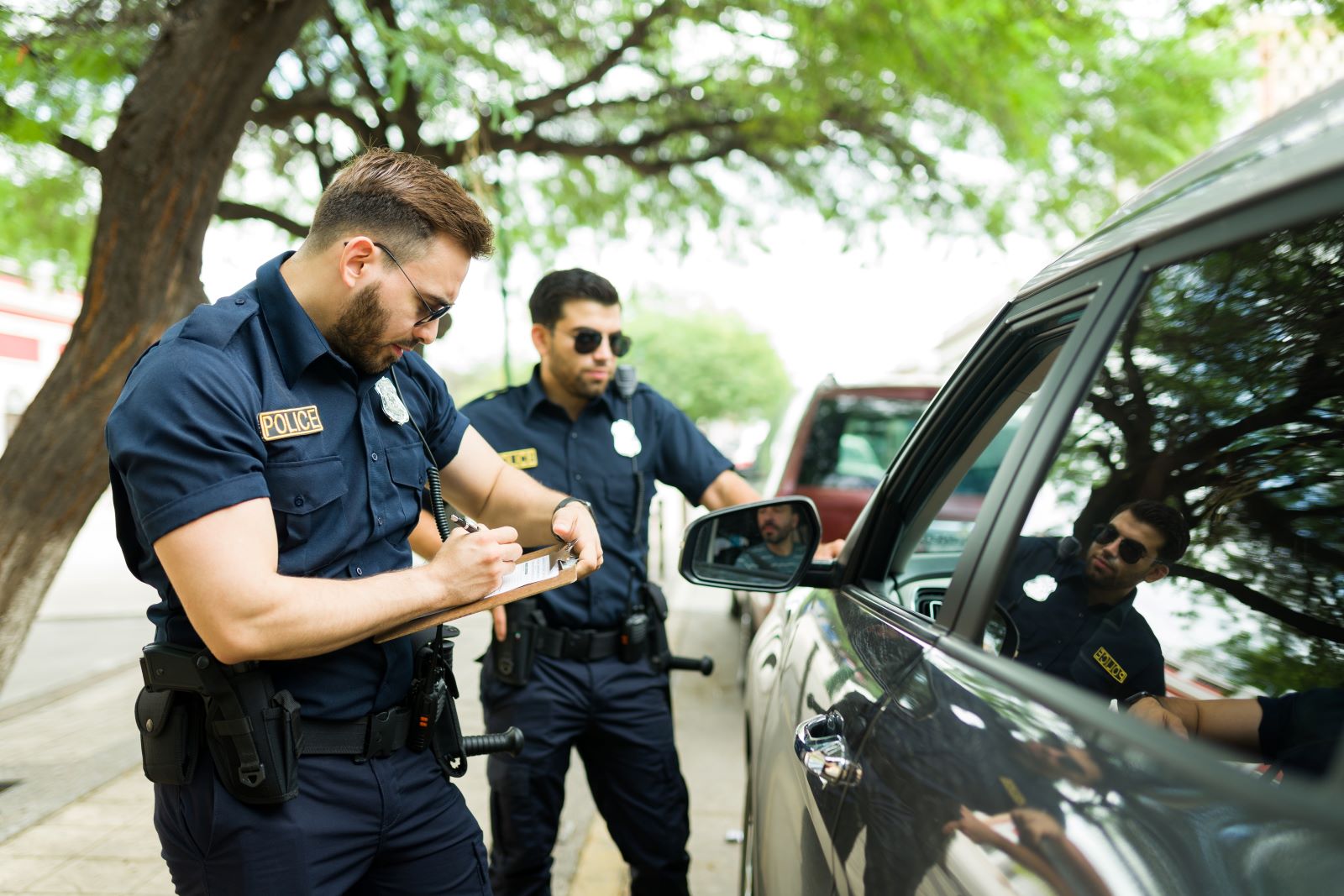
Image Credit: Shutterstock / antoniodiaz
In many states, DUI checkpoints must be announced to the public ahead of time. This is meant to ensure that they aren’t random or overly intrusive. If you’re stopped at an unannounced checkpoint, it could be a violation of your rights.
8. You Have the Right to Refuse Field Sobriety Tests
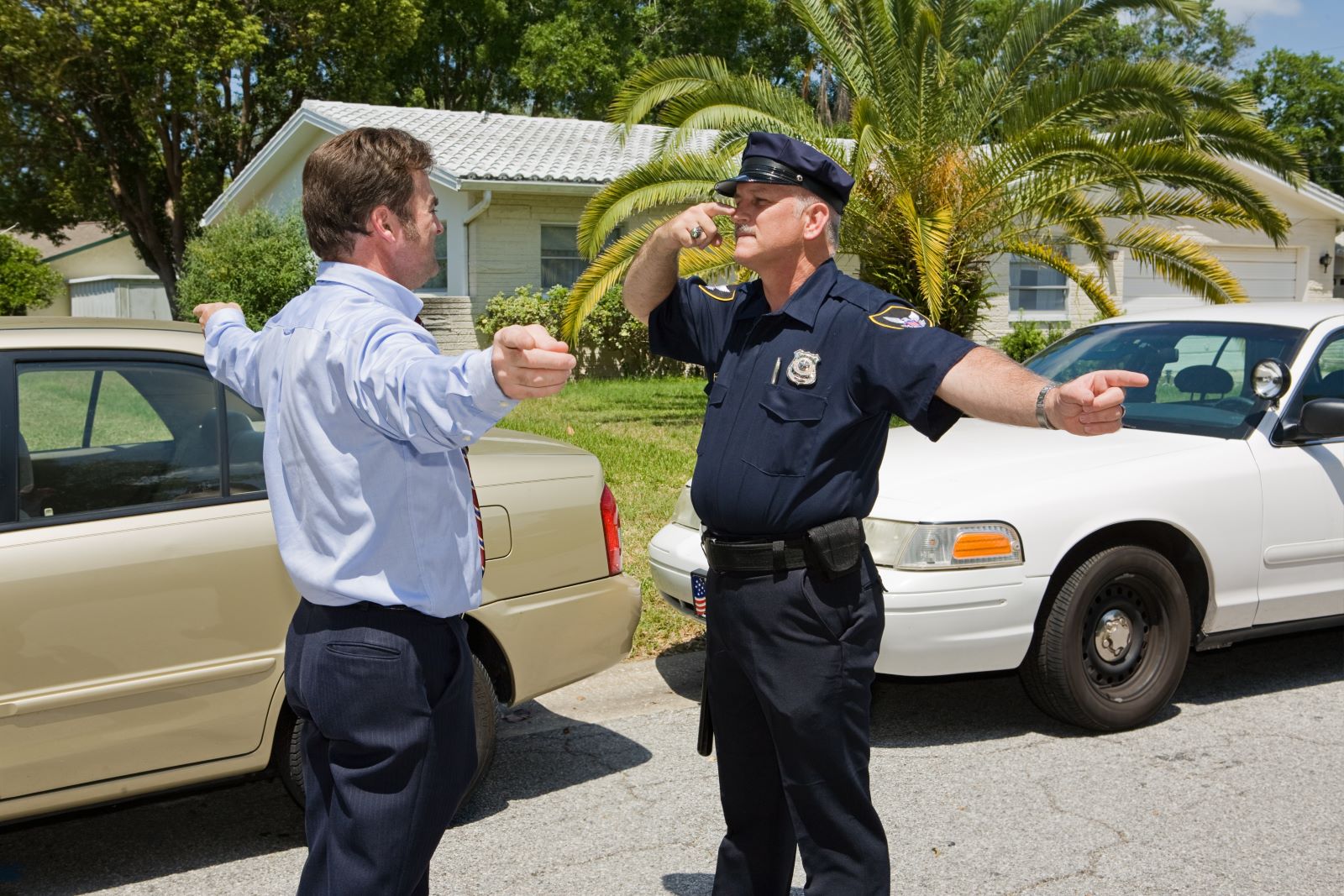
Image Credit: Shutterstock / Lisa F. Young
Field sobriety tests, such as walking in a straight line or following a light with your eyes, are voluntary in most states. You can refuse to perform these tests without facing penalties, as they are often subjective and used to build evidence against you.
9. Be Aware of Racial Profiling
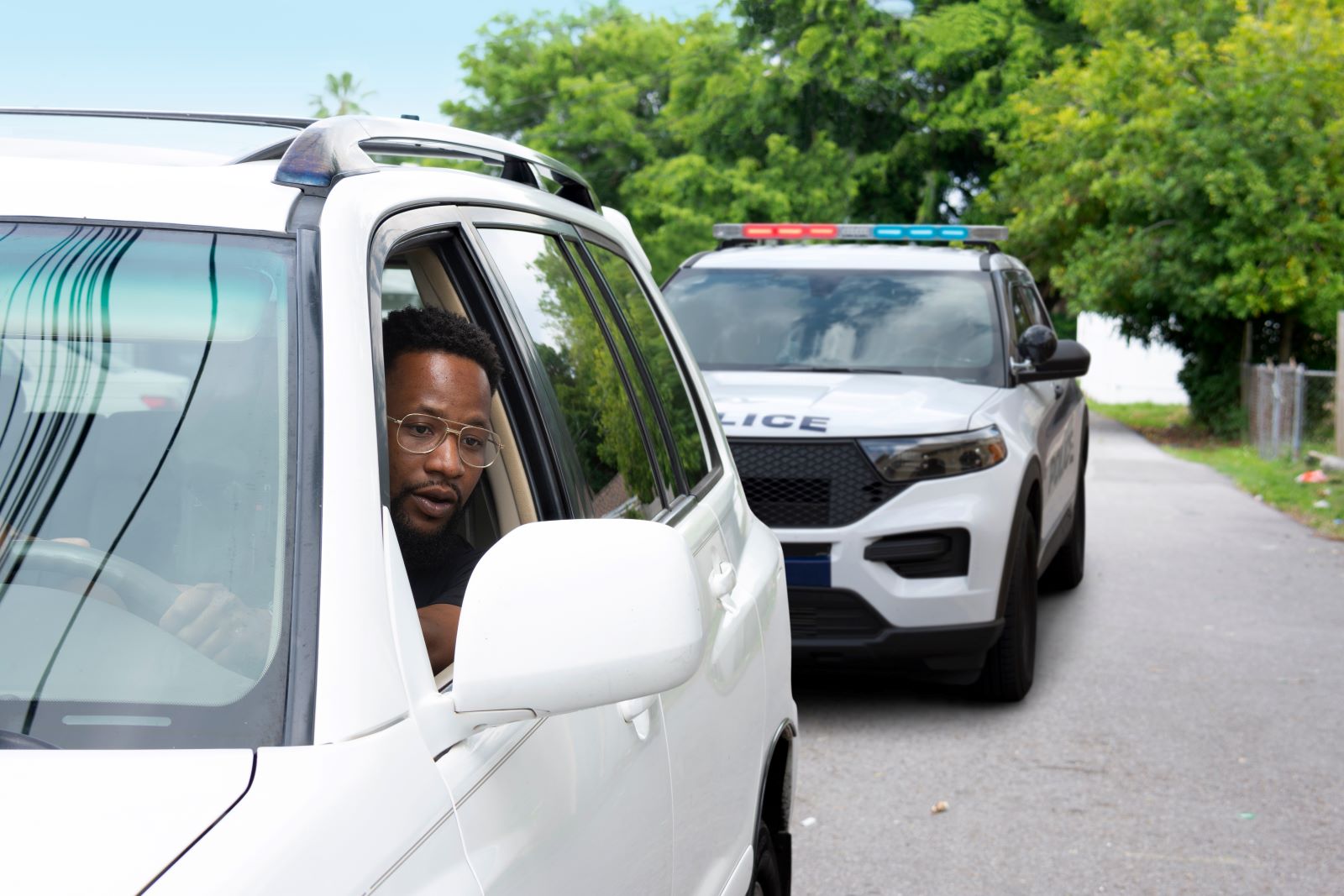
Image Credit: Shutterstock / Michael O’Keene
People of color may be more likely to be pulled over or questioned during DUI checkpoints due to racial profiling. If you believe you’re being targeted because of your race, stay calm and document everything. Racial profiling is illegal, and you may be able to contest any charges that arise from discriminatory practices.
10. Refusing a Breathalyzer Can Have Consequences
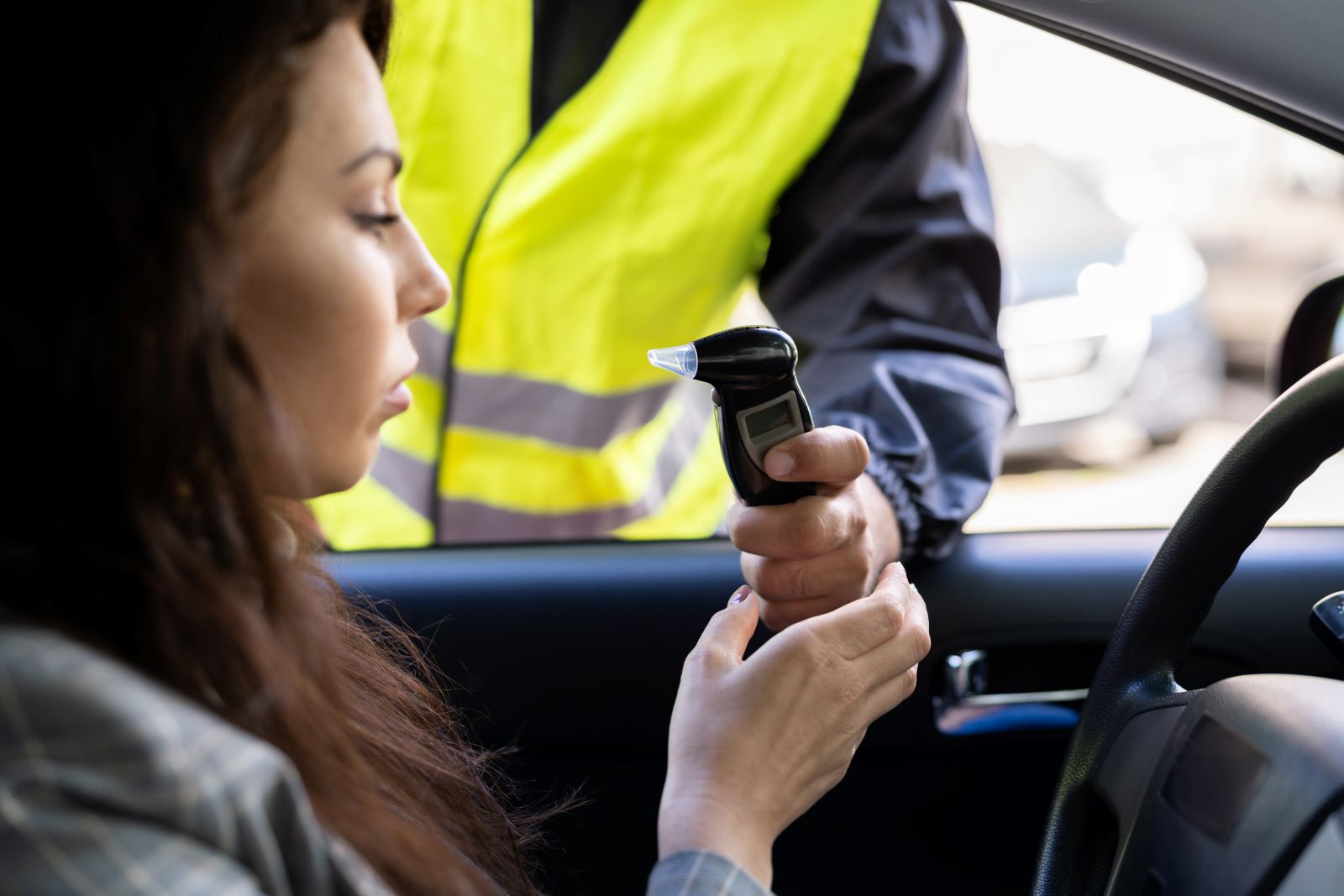
Image Credit: Shutterstock / Andrey_Popov
In most states, refusing a breathalyzer test can result in an automatic license suspension due to implied consent laws. However, you have the right to refuse if you believe the test is being administered unfairly. Weigh the consequences carefully and know your state’s specific laws.
11. Gender Bias Can Influence the Interaction
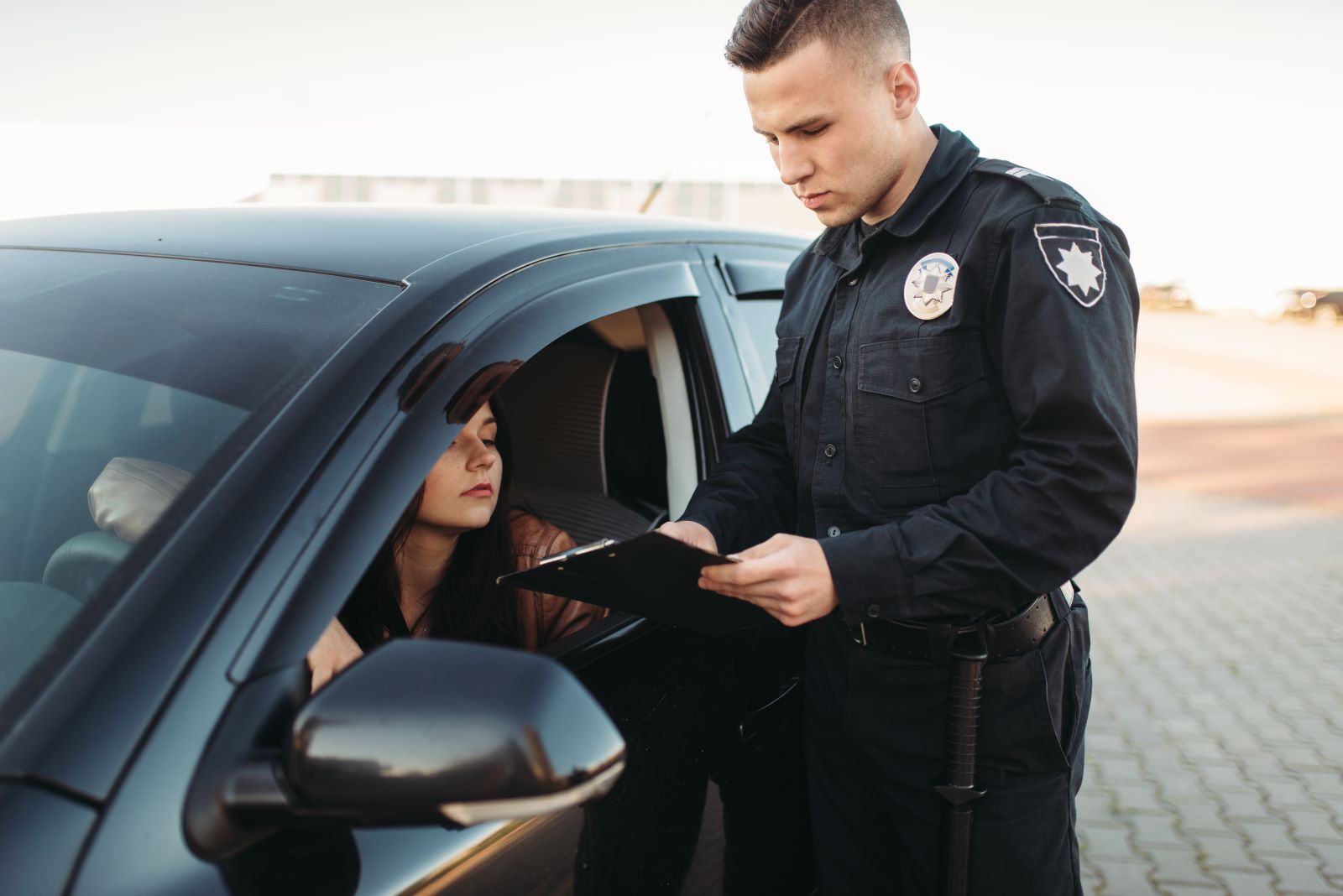
Image Credit: Shutterstock / Nomad
Women may face different treatment at DUI checkpoints, including condescending or inappropriate comments from officers. If you feel that your gender is influencing the officer’s behavior, stay composed and document everything. Gender bias can be a factor in challenging any charges later on.
12. Be Prepared to Wait
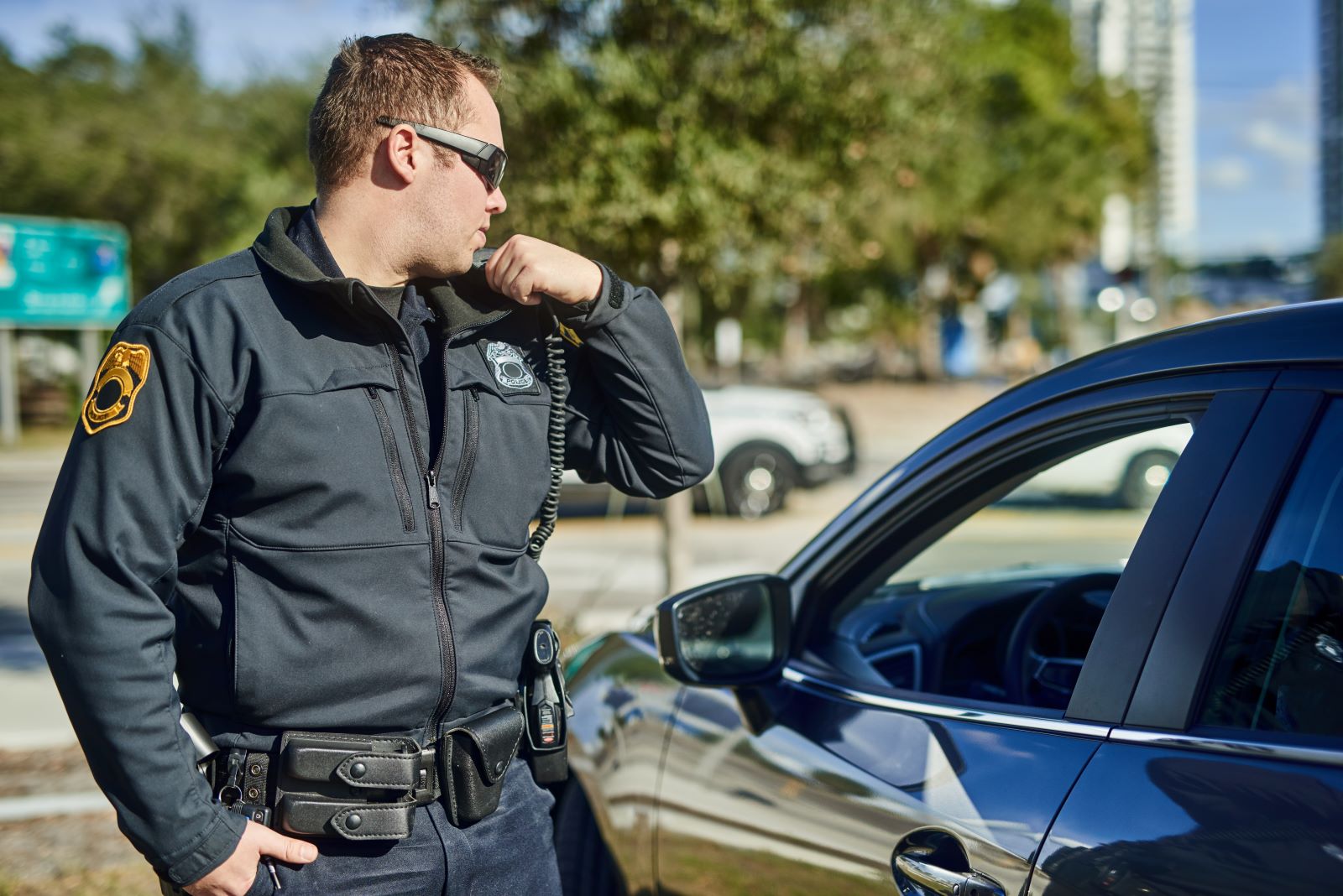
Image Credit: Shutterstock / PeopleImages.com – Yuri A
DUI checkpoints can result in long wait times, especially on busy weekends or holidays. Stay patient and calm while you wait. Don’t give officers a reason to suspect that you’re agitated or trying to hide something.
13. Be Respectful but Assertive
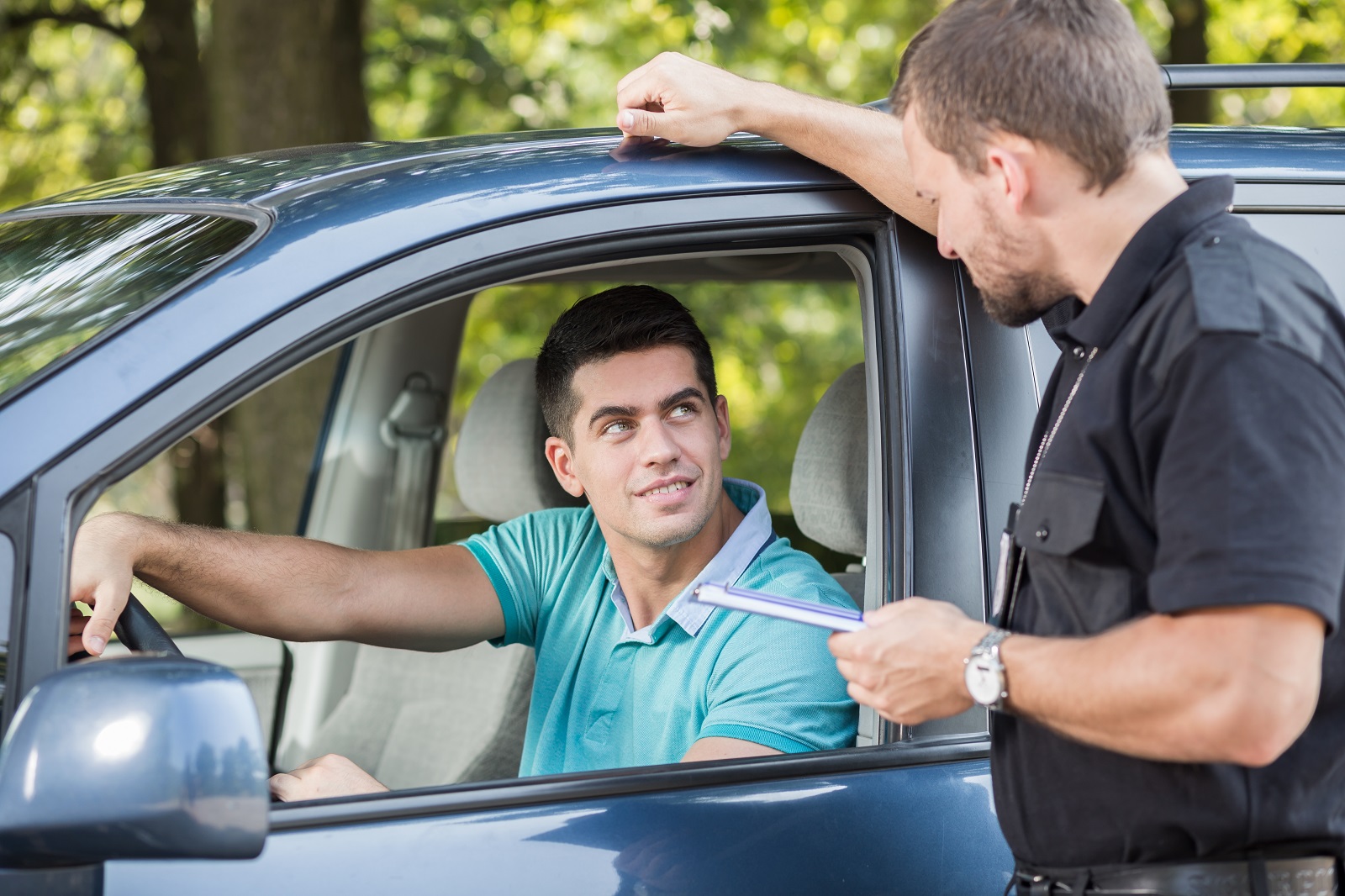
Image Credit: Shutterstock / Ground Picture
Being respectful is key to staying safe during a DUI checkpoint, but that doesn’t mean you should give up your rights. Assert yourself politely when necessary, especially if you feel your rights are being violated. Respectful assertiveness can prevent escalation.
14. Know Your State’s Refusal Penalties

Image Credit: Shutterstock / ymgerman
Each state has different penalties for refusing a breathalyzer or blood test. Some states, like New York, can suspend your license for up to a year if you refuse. Know the penalties in your state so that you can make an informed decision in the moment.
15. People of Color Should Be Extra Cautious When Reaching for Documents
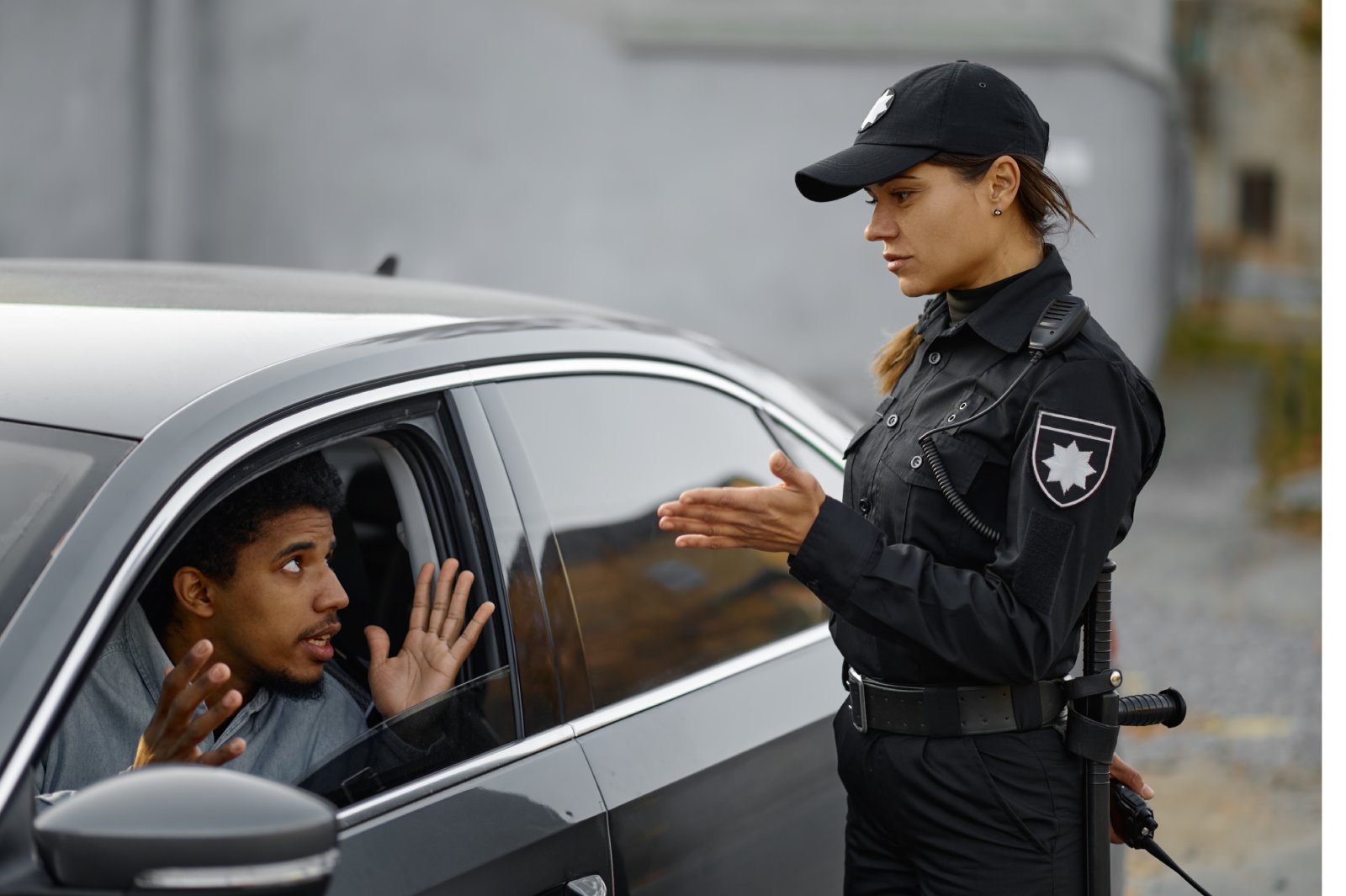
Image Credit: Shutterstock / Nomad_Soul
For people of color, simple actions like reaching for your license or registration can be perceived as threats by officers. If you’re concerned about this, clearly communicate your actions before making any movements, such as saying, “I’m reaching for my wallet.”
16. Stay in Your Car Unless Asked to Step Out
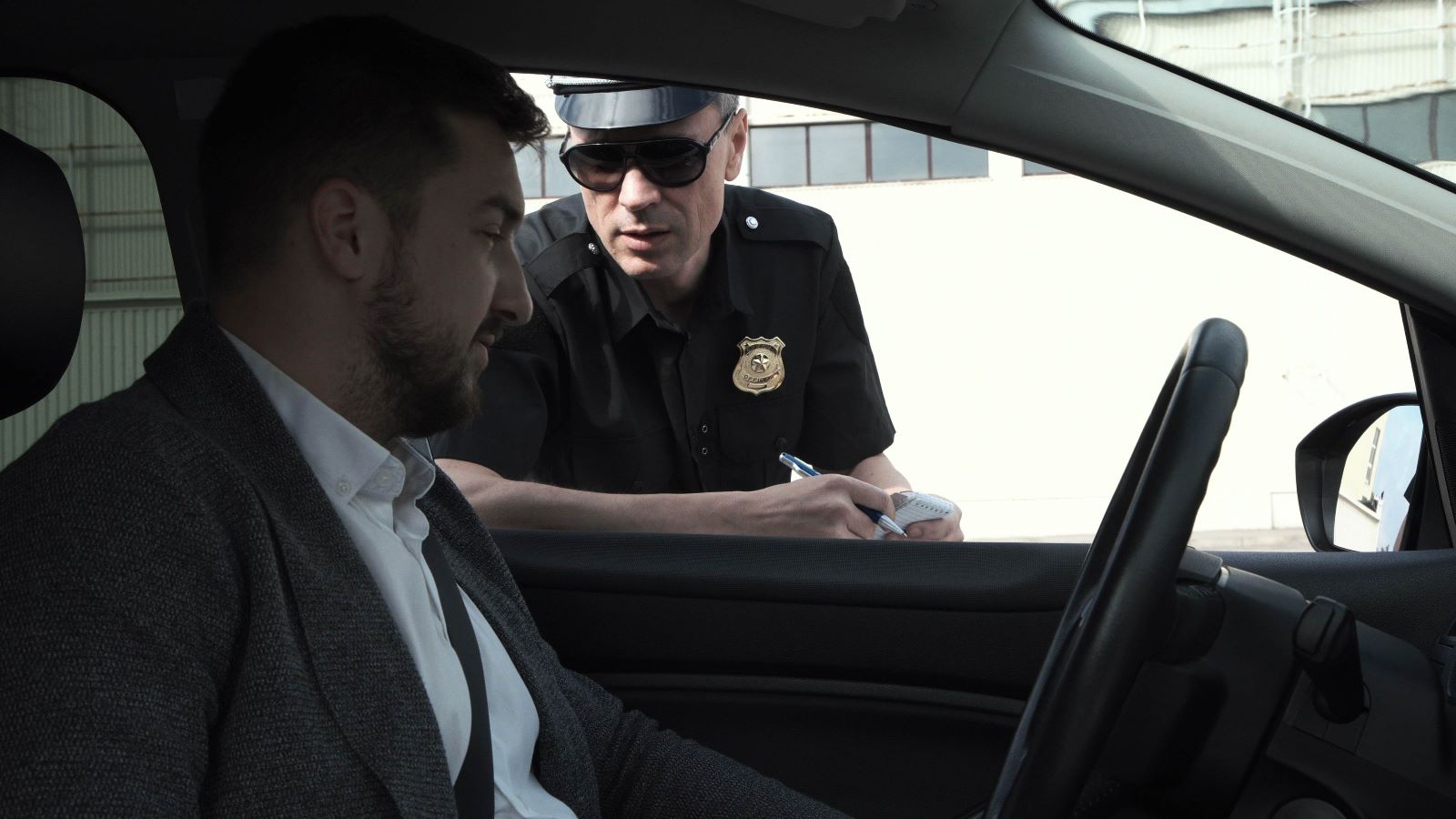
Image Credit: Shutterstock / Frame Stock Footage
Unless an officer asks you to step out of your vehicle, stay inside. Getting out of your car could be seen as a sign of aggression or noncompliance. Keeping yourself in the vehicle helps protect you from misunderstandings.
17. You Can Challenge the Validity of the Checkpoint
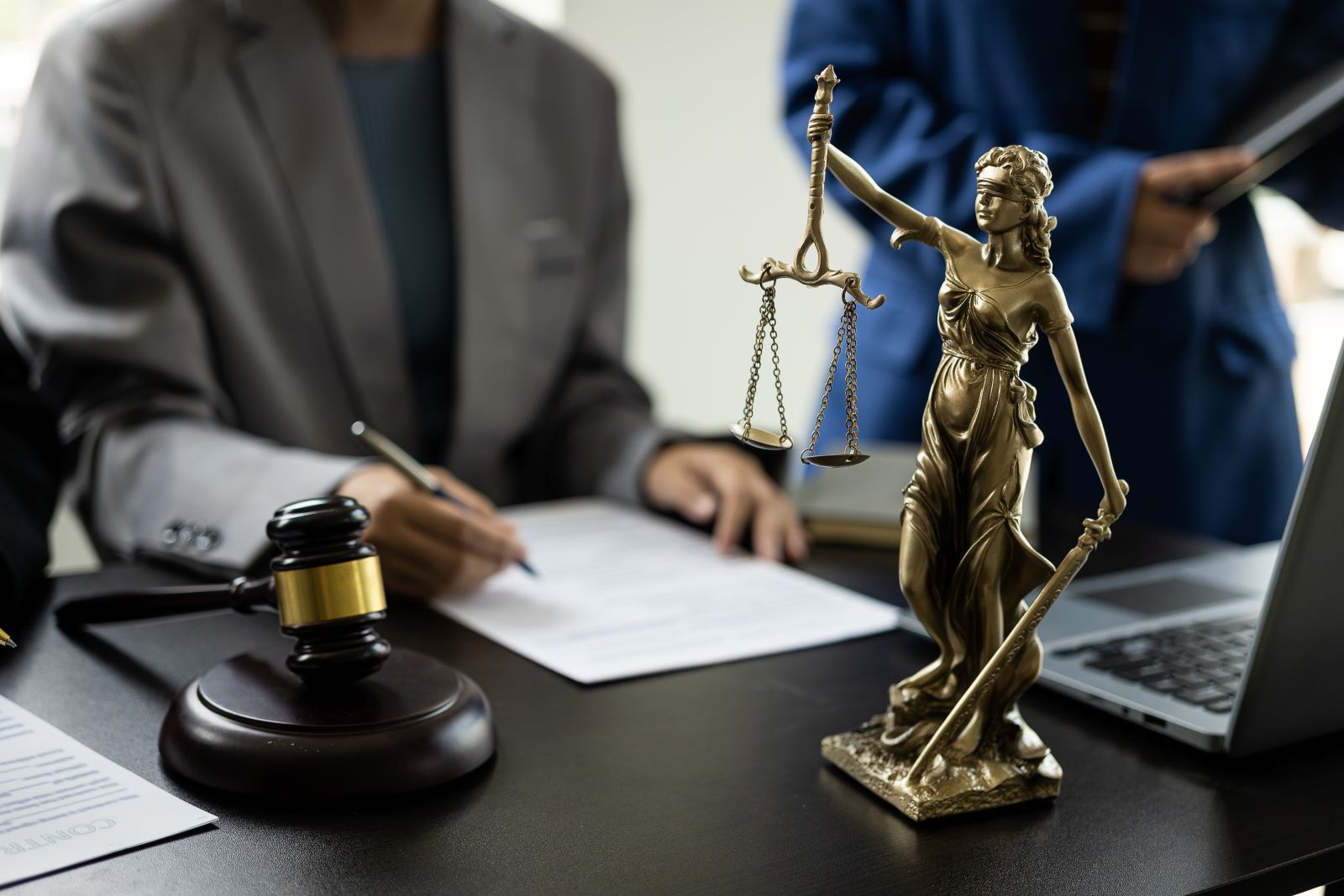
Image Credit: Shutterstock / Mr. Ashi. Sae Yang
If you’re charged with a DUI at a checkpoint, your attorney can challenge the validity of the checkpoint in court. If the checkpoint wasn’t set up or conducted according to legal guidelines, your charges could be reduced or dismissed. This is an important defense strategy.
18. Women Should Be Aware of Their Rights During Searches
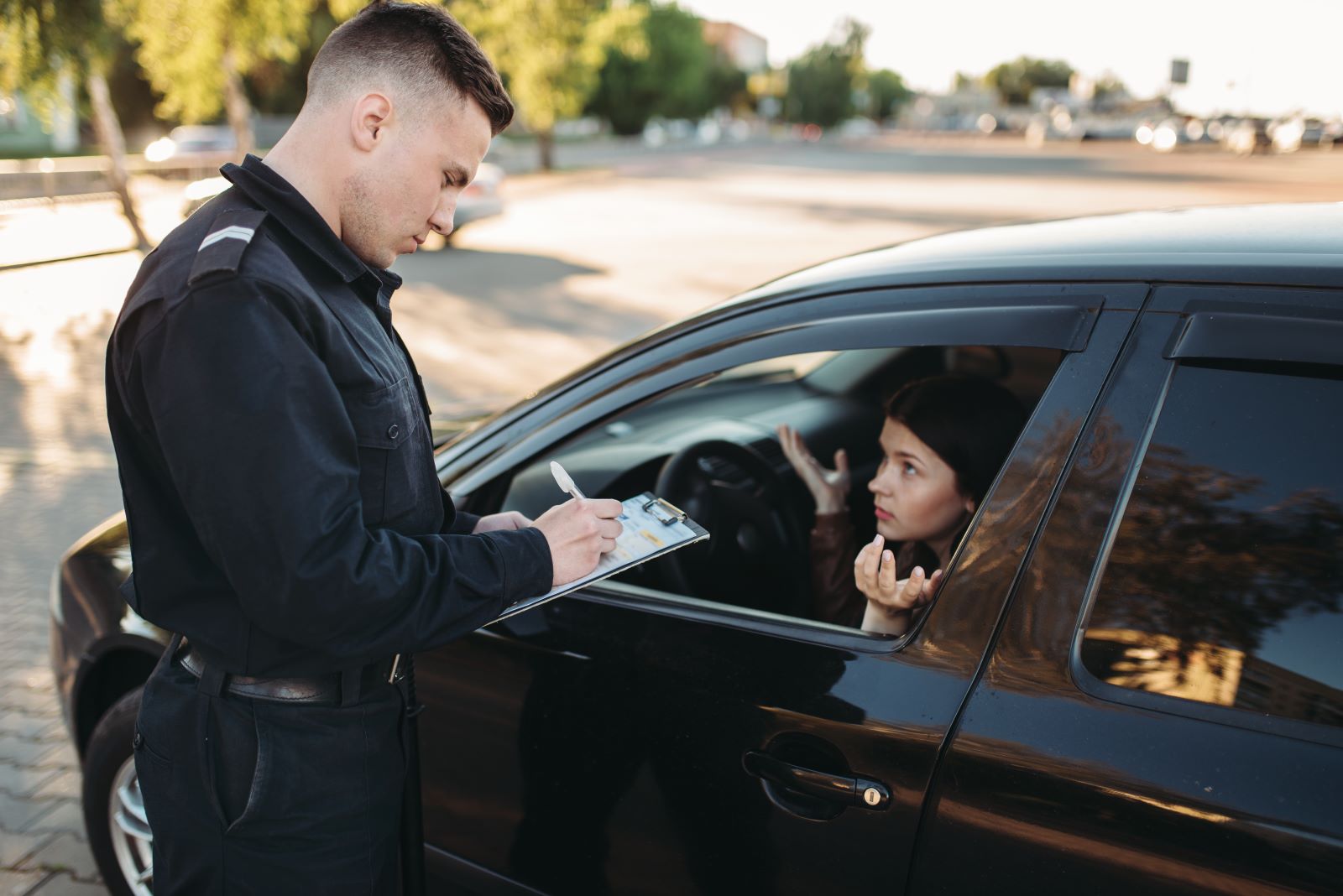
Image Credit: Shutterstock / Nomad_Soul
If you’re a woman and an officer requests a search, be aware that some states have specific rules about who can perform certain types of searches, particularly body searches. You may have the right to request that a female officer conduct the search if it becomes necessary.
19. Ask for a Lawyer If You’re Arrested

Image Credit: Shutterstock / PanuShot
If you’re arrested at a DUI checkpoint, ask for a lawyer immediately and avoid making any statements without legal counsel present. Anything you say can be used against you, so it’s best to remain silent until your attorney arrives.
20. Understand the Risks of Driving While Intoxicated
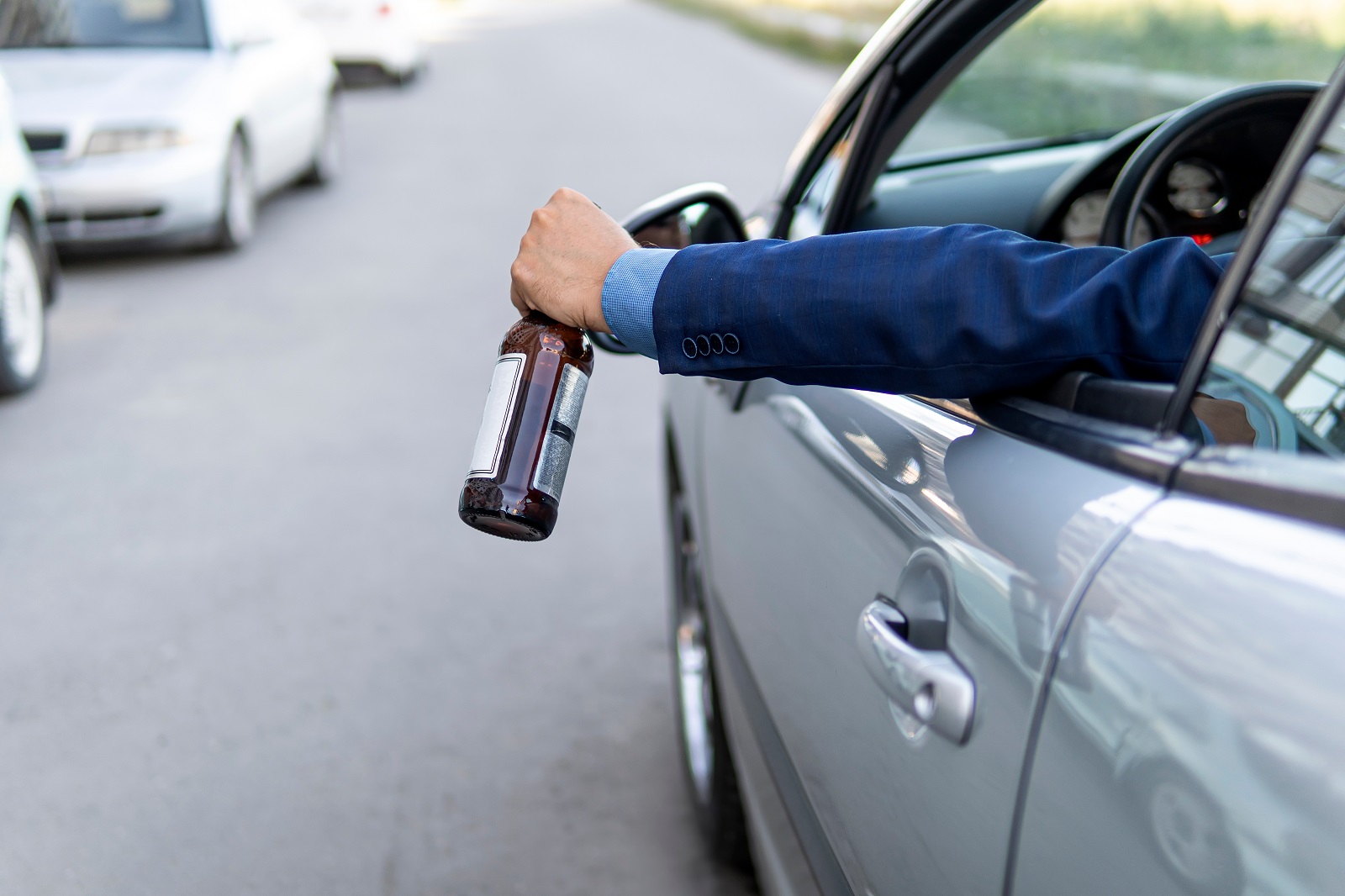
Image Credit: Shutterstock / Melnikov Dmitriy
While it’s important to know your rights during a checkpoint, it’s equally important to remember that driving under the influence is dangerous and illegal. DUI checkpoints are meant to prevent accidents and save lives. If you’ve been drinking, find another way home.
21. Be Aware of Implicit Bias

Image Credit: Shutterstock / 9nong
Implicit bias can affect how police interact with drivers at DUI checkpoints. If you’re a member of a marginalized group, you may face unfair treatment, even if it’s unintentional. Stay calm, document the interaction, and consider seeking legal advice if you believe implicit bias played a role in your treatment.
Protect Yourself, But Drive Responsibly

Image Credit: Shutterstock / Rido
Understanding your rights during a DUI checkpoint is essential to protecting yourself from potential police overreach. However, it’s equally important to recognize that DUI laws exist to keep roads safe. Are you prepared to assert your rights while also doing your part to prevent drunk driving and protect lives?
Police Magnet: 7 Cars That Guarantee You’ll Get Pulled Over
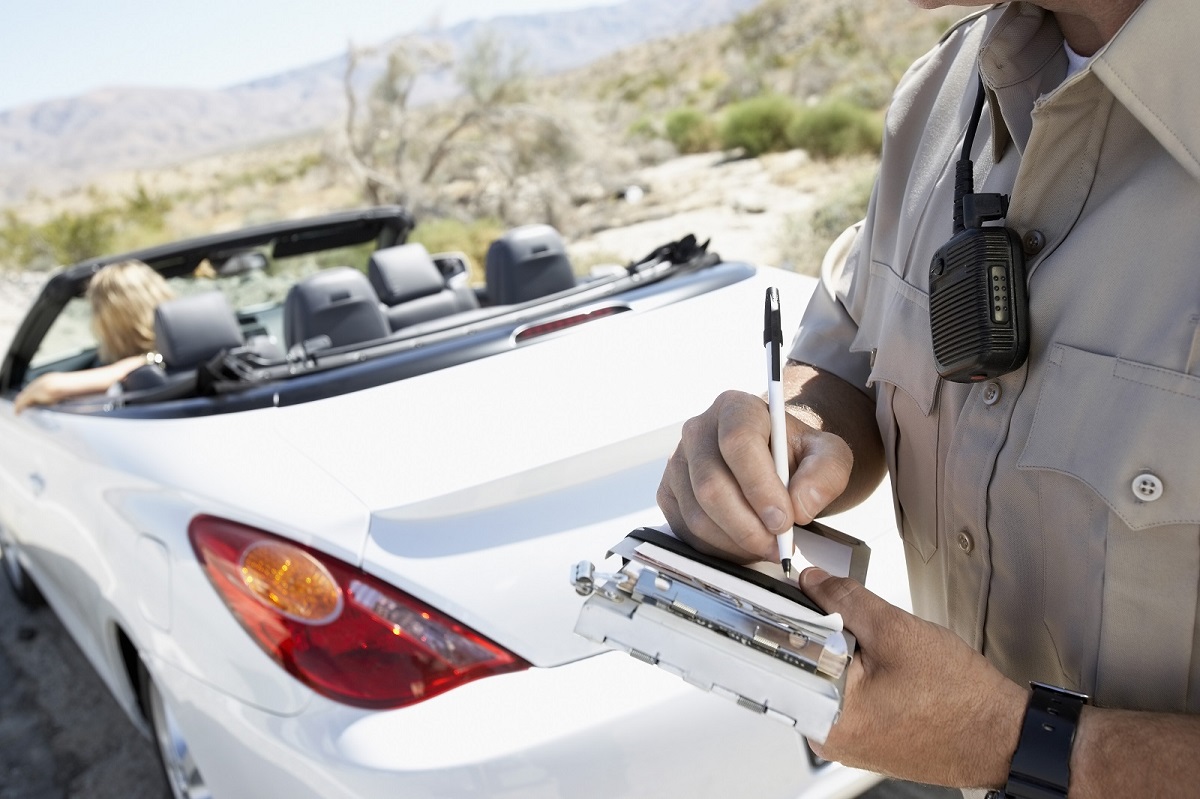
Image Credit: Shutterstock / sirtravelalot
Driving certain cars can make you more noticeable to law enforcement, even if you’re abiding by all the rules. Are you driving one of these “police magnets”? Here are seven cars that seem to attract more police attention than others. Police Magnet: 7 Cars That Guarantee You’ll Get Pulled Over
The Classic Cars That Were Total Clunkers
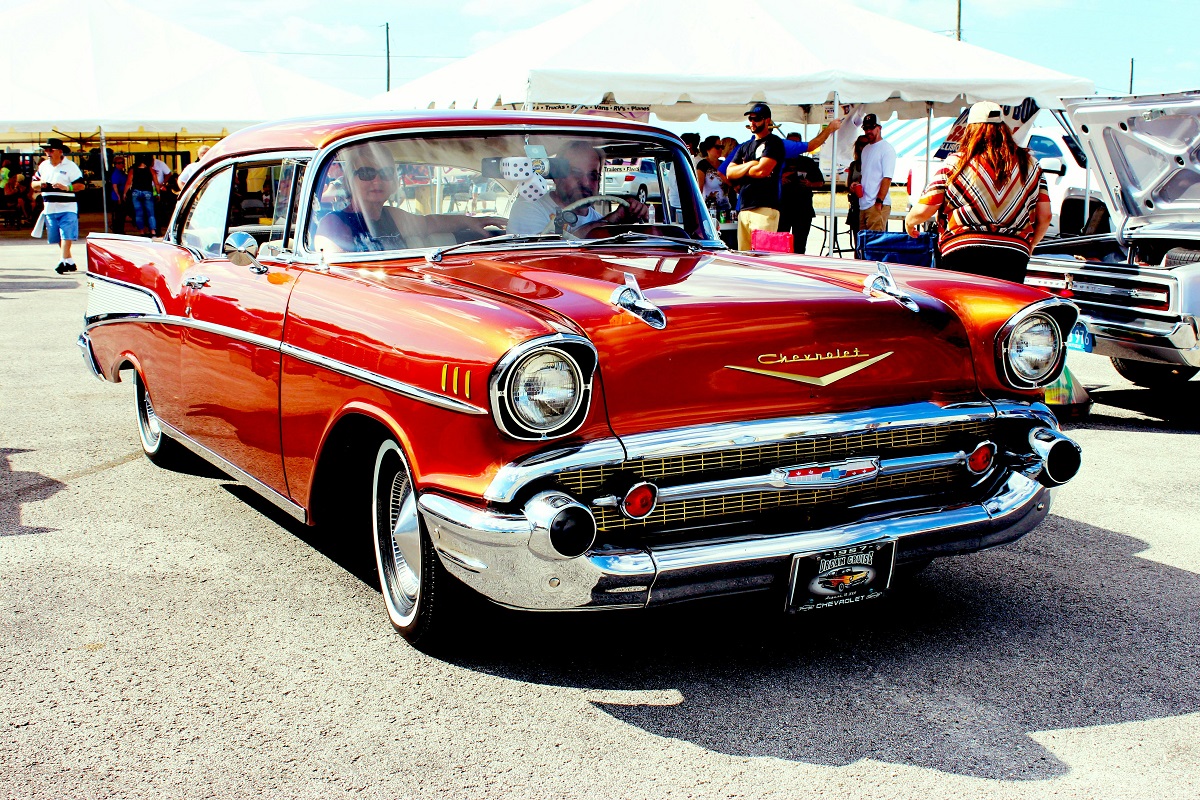
Image Credit: Pexels / Pixabay
Nostalgia has a funny way of making the past seem better than it was, especially when it comes to cars. But here’s the hard truth: some of those “classic” cars your dad raves about were real clunkers. Here’s a closer look at why some of those so-called “classics” weren’t all they were cracked up to be. The Classic Cars That Were Total Clunkers
The Worst U.S. Cars Ever Made: A Retro List
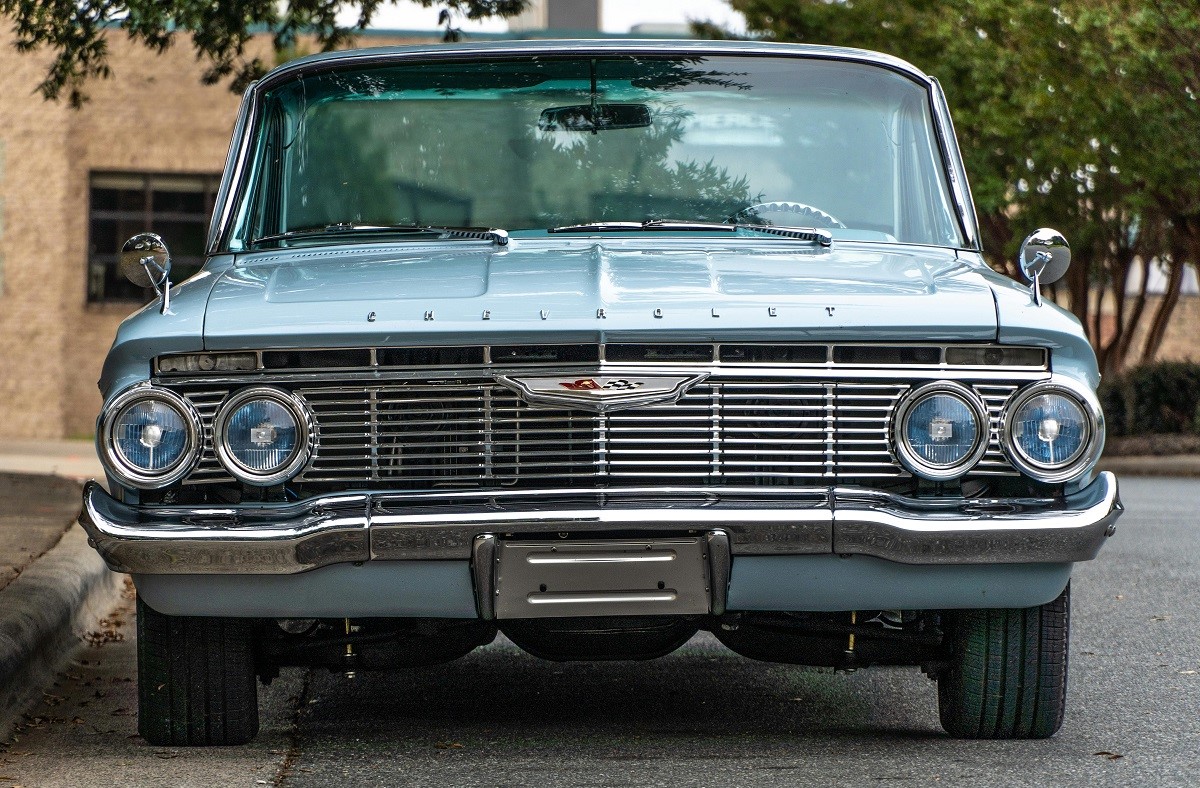
Image Credit: Pexels / Be The Observer
The U.S. auto industry has produced some incredible vehicles, but not every model was a hit. Here’s a look back at 16 of the worst cars ever made in the U.S., each infamous for its own unique flaws. The Worst U.S. Cars Ever Made: A Retro List
Featured Image Credit: Shutterstock / Rebekah Zemansky.
The content of this article is for informational purposes only and does not constitute or replace professional advice.
The images used are for illustrative purposes only and may not represent the actual people or places mentioned in the article.
For transparency, this content was partly developed with AI assistance and carefully curated by an experienced editor to be informative and ensure accuracy.
